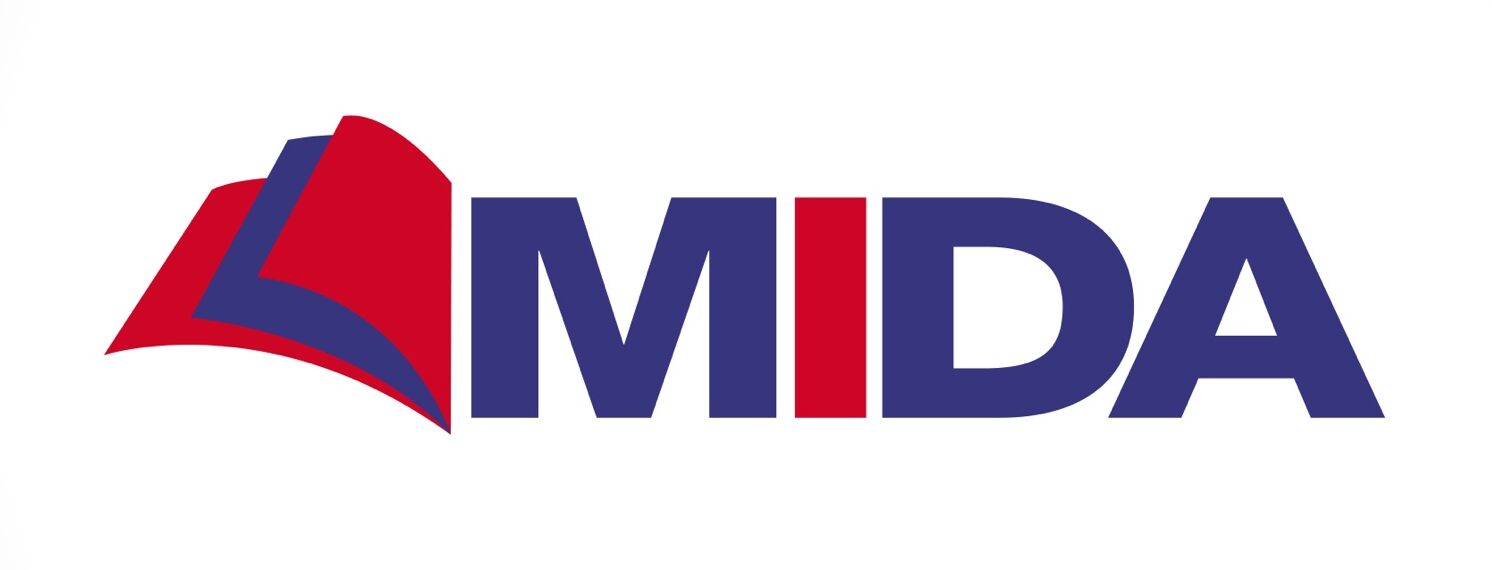The following report was first released in July 2019 as part of the ZMO Bulletin No. 36.
In the fifth year of its existence, the DFG-funded, long-term project MIDA (Modernes Indien in Deutschen Archiven 1706–1989) celebrated the launch of its online research portal (Rechercheportal; https://www.projekt-mida.de/rechercheportal/). A public event was held on May 10 at the ZMO, Berlin. MIDA started in November 2014 and – provided it leads to successful applications – is planned for a maximum of 12 years until 2026. It is being carried out at three academic institutions: the Centre for Modern Indian Studies (CeMIS) at the University of Göttingen, the Institute of Asian and African Studies (IAAW) at the Humboldt University in Berlin and the Zentrum Moderner Orient (ZMO).
MIDA´s main aim is to discover and describe collections of archival documents in German institutions that are related to the political, cultural, social or intellectual history of modern India and to the history of Indo-German entanglements. The project starts from the assumption that the abundance, diversity and scientific potential of collections on modern India hosted in German archives have been insufficiently appreciated so far. For the international community of historians of India, these resources can open up new research perspectives that have remained obscured by an excessive fixation on British colonial archives. The largely unexplored source materials not only call for a reconstruction of the history of German-Indian entanglements since the 18th century, they also encourage the development of innovative research questions in comparative and global history, which might be of interest and inspiration for issues of transnational historiography at large.
The MIDA online research portal consists of three parts: a Database, an Archival Reflexicon and Thematic Resources. The database contains systematic information about collections related to modern India in German archives. So far, information on India-related holdings in 11 archives is available, among them such big state institutions as the Politisches Archiv des Auswärtigen Amts, the Bundesarchiv, the Geheimes Staatsarchiv Preussischer Kulturbesitz, the Staatsarchiv Hamburg and the Niedersächsisches Landesarchiv Hannover. Besides these large collections, information is also provided on India-related sources in lesser-known archives in Germany, such as the communal Stadtarchiv Halle or the Archiv der Jugendbewegung, Burg Ludwigstein in Witzenhausen. The database is an open-access and continuously growing platform.
The second pillar of the research portal, the Archival Reflexicon is an ongoing collection of essays on historical or methodological themes and collections. It “is thus a reflexive lexicon – of how to navigate through India-related holdings in German archives, acquire an overview of the same for specific topics, and of how to critically engage with larger theoretical and methodological debates that emerge from the exercise of tracing, extracting, listing, ordering and indexing information” (https://www.projekt-mida.de/rechercheportal/reflexicon/).
The third pillar of the MIDA research portal, the Thematic Resources rubric, provides research data generated within MIDA, including a list of all successfully completed India-related PhDs at German universities between 1783 and 2013.
The MIDA team is extremely thankful to the Deutsche Forschungsgemeinschaft (DFG) for funding this project, to our three institutions, CEMIS, IAAW and ZMO for hosting it, to the MIDA advisory board for its continuous support and to the service Center eSciences in Trier for developing and providing us with the necessary software. But first, we thank the archives and institutions we have visited so far for their interest in MIDA, their openness and their support. We hope that the already existing and upcoming results will be used intensively by researchers and invite users to get in touch with us with feedback, suggestions or contributions.
by Heike Liebau (ZMO)
Source: ZMO Bulletin No. 36.
